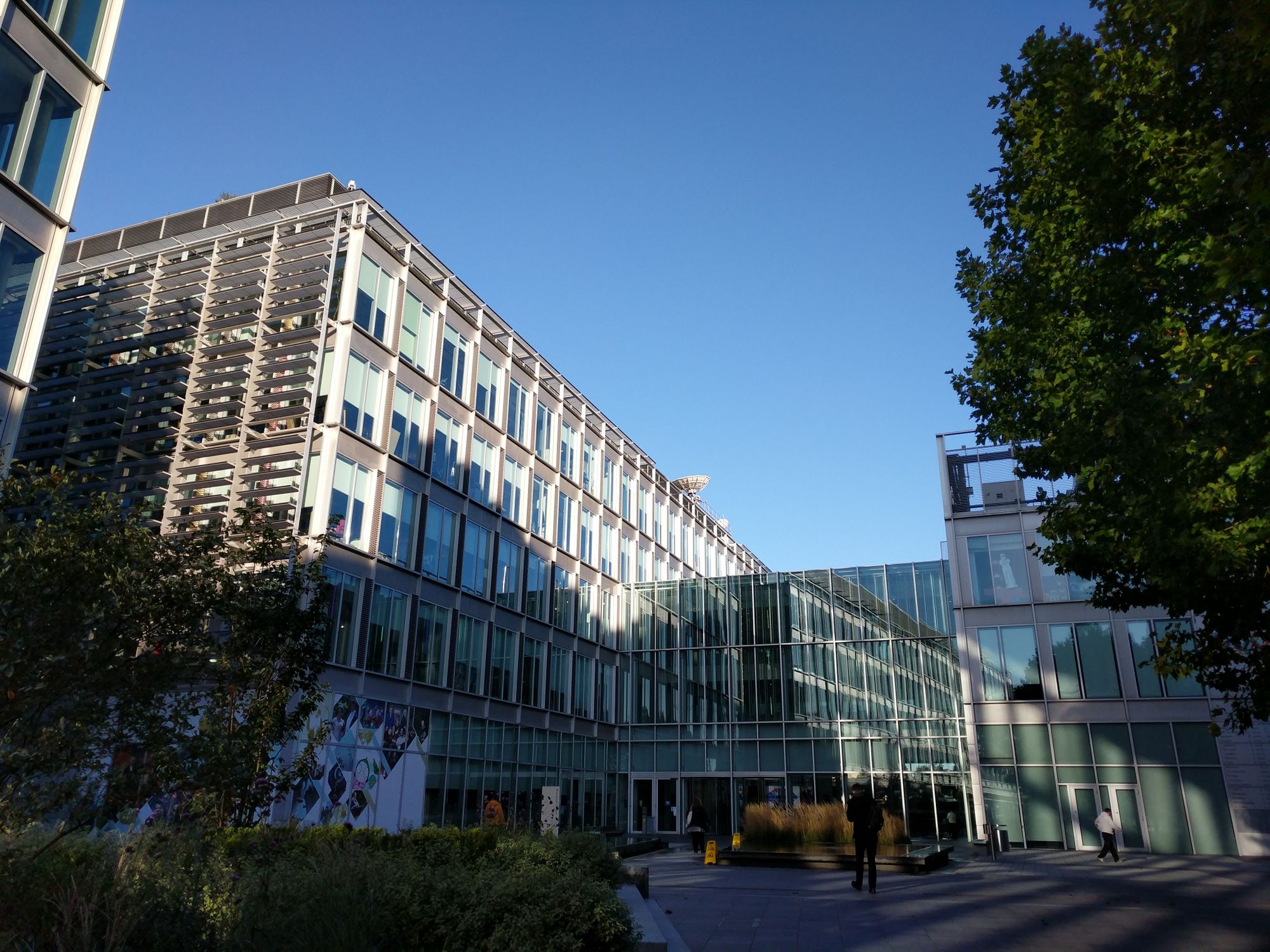Last month, I left the BBC, after 11 years and 11 weeks. Here are a few thoughts on my time there: the good, the bad, and the ugly. But I want to end on a positive note, so I'm going to talk about the Bad, the Ugly, then the Good. Also: this is my list. It's based on my biases, my experiences, my strengths, my interests, and my weaknesses.
For example: I offer no opinion whatsoever on the subject of the decisions taken by BBC management. This is basically because I didn't have enough of a “business head” to be able to form any kind of opinion as to whether what they'd decided was wise, or risky, or stuck in the past, or whatever. Does that mean that I think their decisions were brilliant? Terrible? No. Average? No. It just means “meh”, let's move on.
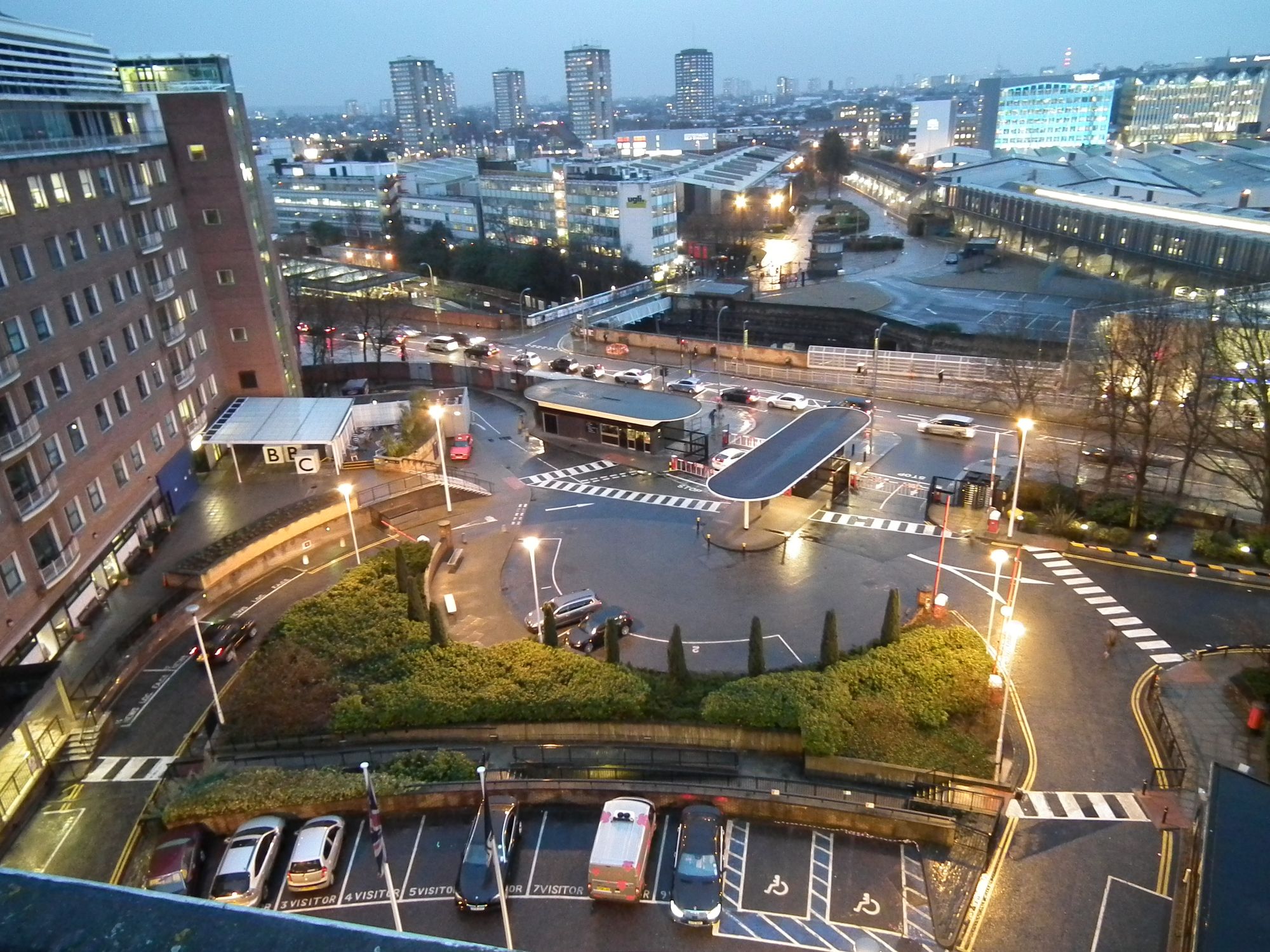
I spent my time in the BBC entirely within the field of technology. Now to be honest, you're taking a risk if you think that these thoughts represent anything like a balanced view even on BBC technology — and as for programme-making, studios, facilities, etc, forget it.
These are simply my experiences.
The Bad
Technology: probably one of the most frustrating technological aspects was the Reith Network. This is a staff network, spanning the BBC UK offices (as I understand it), providing 10.x.x.x IP addresses – but with no outbound NAT.
Yup, if you're in the office, using the office network, then basically, you can't reach the Internet. Unless you go via the HTTP / HTTPS proxies. Or the SOCKS proxy, if you want another protocol. Oh, except the SOCKS proxies refuse to proxy HTTP, because of course they do, and even if you manage to persuade all of your browsers, development environment, and other tooling to use the right combination of settings, then you still don't get Internet access, because you've got TCP only by that point.
I don't know, maybe there was some secret trick to setting up the proxies such that they Just Worked. I only tried for 11 years, what would I know.
Gradually, it seemed that services were moving away from Reith, an on to (hushed tones) The Internet, often with X509 client certificate authentication. But the progress seemed glacial, and so much stuff was only accessible on Reith. Gateway, I will not miss you. Sorry not sorry.
Oh, fun fact: one of the main internal DNS zones used on Reith accepted updates from anyone, without authentication, as long as you were on Reith. Perhaps this explains why DNS entries used to randomly go missing.
The meeting room screens / phones / videoconferencing facilities were another source of endless time-draining. Many a happy hour has been wasted, and many a meeting derailed, trying to get things to work.
The workplace: I mostly worked in one of the West London offices – Broadcast Centre, Wood Lane. Just up the road from what used to be Television Centre (RIP). I occasionally did have cause to visit some other sites – Salford, Broadcasting House – and of course I sometimes visited other companies' offices, for example to give presentations, or to go to an evening meetup. And every time I went to any office other than my own, I got toilet jealousy.
Seriously: the toilets in Broadcast Centre are a bloody disgrace. Often blocked and out of service; poorly lit and ventilated; paper towel dispensers over-stuffed, so that you can't actually get any towels out; flat surfaces surrounding the basins, such that they don't drain, and just flood; and the taps that were so meaningless in their indication of Hot / Cold, that not even the plumbers knew which way round was which – half were plumbed in one way, and half the other. You just had to try it and see, every time.
Oh, and then the toilet doors: many of which were far too heavily sprung (I measured one once: it needed 15lbs of force to open the cubicle door. I could literally lean on it with my bodyweight, and it still wouldn't open), and many of which the vacant/engaged colour indicator was broken, so that it would display the opposite of whatever was true. And again, this was often about 50/50 working/broken – meaning that, to find a vacant loo, you just have to go along and push every door – hard – to see if one opens.
Because the BBC isn't exactly rolling in cash, and it's always being squeezed for money, it does of course make sense that they need to be careful with the purse strings. However, being on the receiving end wasn't always fun: around 2010-2015 (if memory serves), money was being saved by getting rid of some entire buildings: and that meant that all those displaced people had to go somewhere. Broadcast Centre is a large open-plan office, and as more and more people were squeezed in, the noise levels did sometimes cause a problem.
The ugly
It gives me absolutely no pleasure to write this section. In fact, I think it'll be quite painful. But I hope, ultimately cathartic for me, and constructive for my former employer. I want them to do better.
Transphobia: I came out as trans at the end of 2011, and spent the next few years making various changes in my life, to become someone I was much happier being. And in general, in the workplace, I found the BBC to be a very supportive employer in this context. However: the BBC is also a broadcaster. And especially with the rise of anti-trans rhetoric in the UK media from 2015-2018, it pained me greatly to see my own employer providing a platform to blatantly transphobic viewpoints. For example, many an article on Radio 4's flagship News & Current Affairs programme, "Today"; for example, many an article on "Woman's Hour"; for example, many an article on BBC Two's "Newsnight". For example, the outrageously skewed "Transgender Kids: Who Knows Best?" hit piece, aired on BBC Two in January 2017.
In fact, this one aired while I was off sick for 3 months for surgery. So there I was, at home, being supported by employer (the BBC), while simultaneously being attacked and undermined by a major national broadcaster (also the BBC). I vented, in the form of this piece that I wrote for The Queerness.
The upbeat ending: I'm very cautiously optimistic that things might have started to improve. John Humphrys is leaving Today, so that sounds like a good start.
TRIGGER WARNINGS: Sexual violence and psychological abuse. Scroll down to the cute kitten.
Assault: August 2012. I came out as trans not quite a year ago, and I've been making good transition-progress, yay. And everyone in our area at work is on a bit of a high, because we've just had the London 2012 Olympics, for which we were the host broadcaster, and yes, we built some cool stuff and were proud of it. Go us. :-)
And then, at someone's leaving drinks after work, at a nearby pub ... a colleague from a nearby team indecently assaulted me.
The next day, I couldn't go to work. I couldn't leave the house. I was too upset. Then after the weekend, I did go back to work, and I reported what had happened. I filed a grievance. The grievance process took 2 or 3 months, but eventually it concluded, and my grievance was upheld. And in response, the BBC did ... basically nothing. I kept working on my team, he kept working on his team. And to be honest, I was OK with that.
Until things changed.
Over the next few years, his team and my team got merged – so now we work on the same team. One time our team was moving desks, and when the plan was published, it turned out that my abuser was going to be sitting directly opposite me, facing me. Not fucking cool: so I raised it with my manager, who "joked" that he was going to sit the two of us right next to each other. Some fucking support. And then, maybe a year or two later, he got promoted to the same grade as me, so now my abuser and I are peers, in the same team. And once the grievance process ended, at no point over those years was I ever asked how I was doing, in the context of the assault; how I felt about working nearby to my abuser. I just kept my mouth shut, kept his secret, and bottled it all up.
Well obviously that wasn't going to work in the long run. Eventually I couldn't take it any more, and I insisted that he go. Only then to be told that they couldn't make him go, because it was too long since the original grievance. FML. It took a few months, but eventually he was gone.
The upbeat ending: I think the lesson here is that, in cases of assault and the like, the onus should not be on the survivor to state what support they need: the support should be there by default. I am hopeful that this lesson will perhaps start to take hold soon enough.
Bullying: I've had various line managers in my time at the BBC – perhaps 9 or 10 different line managers in 11 years. But unquestionably the worst line manager I've had – at the BBC or elsewhere – was the one I endured from September 2017 to October 2018.
To cut a long story short, she was a deeply cruel and aggressive person, almost completely lacking empathy, but by no means short of hypocrisy, vindictiveness, and lies. Around May 2018, she started pursuing a campaign against me, accusing me of bad conduct. Now initially, she might have had a point: I was trying to come out of depression (though she wasn't helping), and the depression was making me perform at rather less than my best. But then, it just became ridiculous.
- I was accused of slowing down the team, because I had not done released some software in a particular way – even though literally nobody had ever asked me to do that.
- I was accused of not accepting technical decisions that the team had agreed – when in fact what happened was, I had realised that we hadn't actually reached agreement at all, we just thought we had, and all I did was point that out.
- I was accused of causing trouble when I disagreed with the team lead. Fundamentally, the question was: in cases of disagreement on technical matters, who wins – the team leader (him), or the principal software engineer (me)? His job role had only recently been created – and nobody had ever defined how his role and my role were meant to interact.
And so it went on.
In my last post I mentioned that "my boss at work had massively pissed me off", so I started applying for jobs in Denmark. Yeah. That would be about this time.
I pointed out these problems to her manager, and declared that I had no confidence in her any more as a manager. The abuse continued. I went off sick with stress and anxiety, twice. The second time I returned to work, in the "how can we support you for a successful return to work?" meeting, my manager decided that instead of supporting me, she'd use that meeting to abuse and attack me again. That was the last straw.
I left that team, and moved to another. Then immediately filed a grievance against her. And then two interesting things happened: (1) The more I talked to my colleagues, the more I heard horror stories about what she'd done. And (2) the same week that my manager was due to face the grievance hearing, it was announced that she was leaving the BBC.
Good riddance.

The upbeat ending:
- JOIN YOUR TRADE UNION. I happened to join mine a few years earlier, and at the time, I then sort of wondered why I did. But when all this happened to me, I was so grateful for their help.
- Speak up, fight back. Abusers get away with what they do to a large extent because those that they abuse, keep silent. Sunlight is the best disinfectant.
- Be open about your failures, as well as your successes. I sincerely hope that in hindsight, hiring her and then keeping her on for all that time, will be recognised as a mistake; furthermore, I sincerely hope that that mistake will be admitted, and talked about, and learned from.
To be fair, that section wasn't as painful to write as I feared. But that's probably because I left out the grim details.
So! Let's move on to the BIG FINALE!
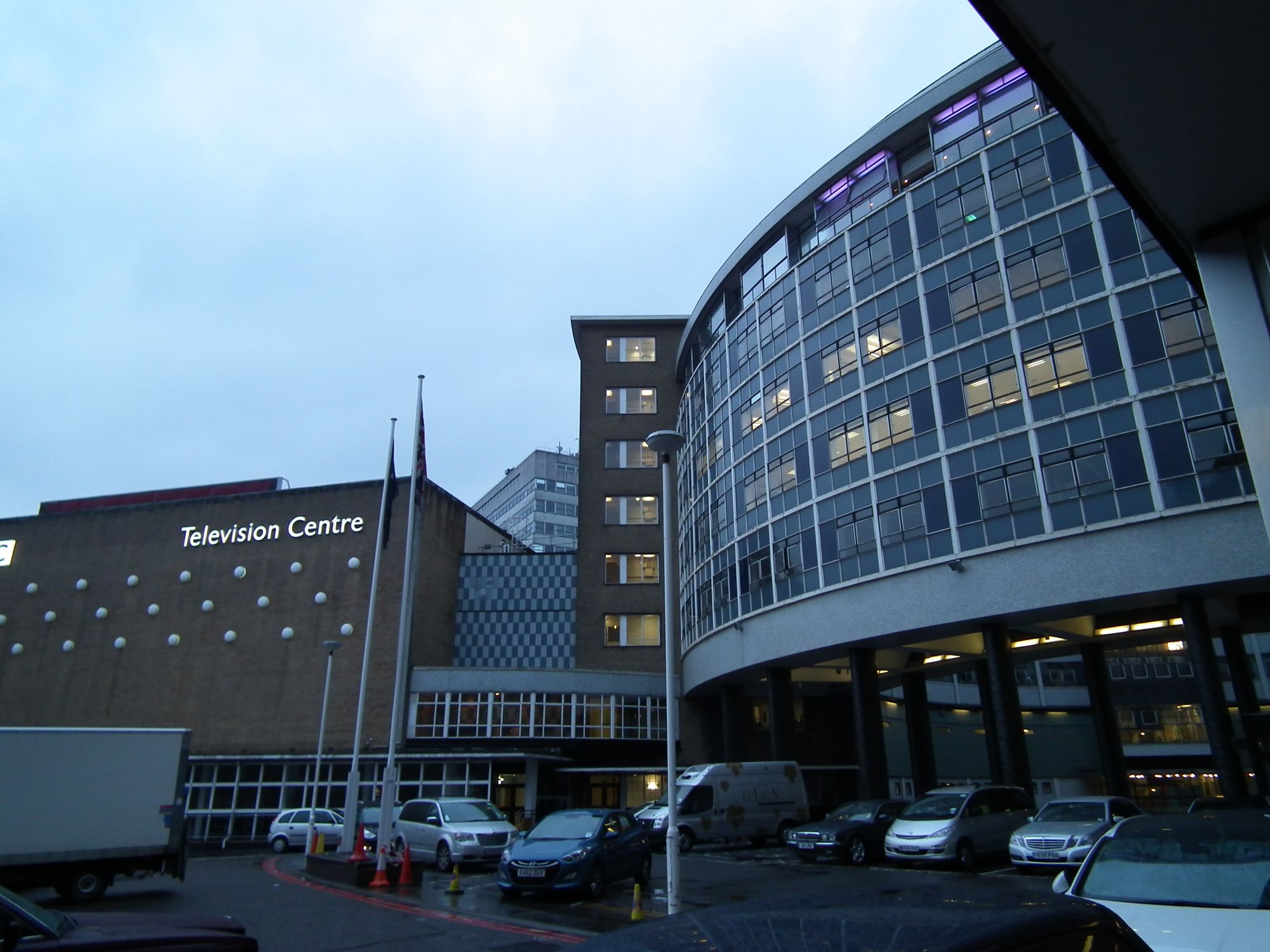
The good
What was good about working at the BBC? Lots! Here's just a taste:
The people (in tech, anyway): Almost all really lovely people. Out of however many hundreds of people I must have met and worked with, I can only recall maybe 4 people who left a distinctly bad taste in the mouth – two of whom I have discussed above. Those are really good odds!

Support for transition: Like many trans people, when I came out, it was because I was broken and terrified and at my wit's end. I received a lot of support at work. I am very grateful for that.
The development culture: it can be really good. Not always – usually it's just "good". But every now and then – like for the 2012 Olympics, and like for the project we did in 2013 to rebuild the video engine behind iPlayer – it's just an absolute joy to see so many people working together to one goal, and getting cool, innovative, world-leading stuff done, and done well, and (tbh) on a pretty small budget. Love it.
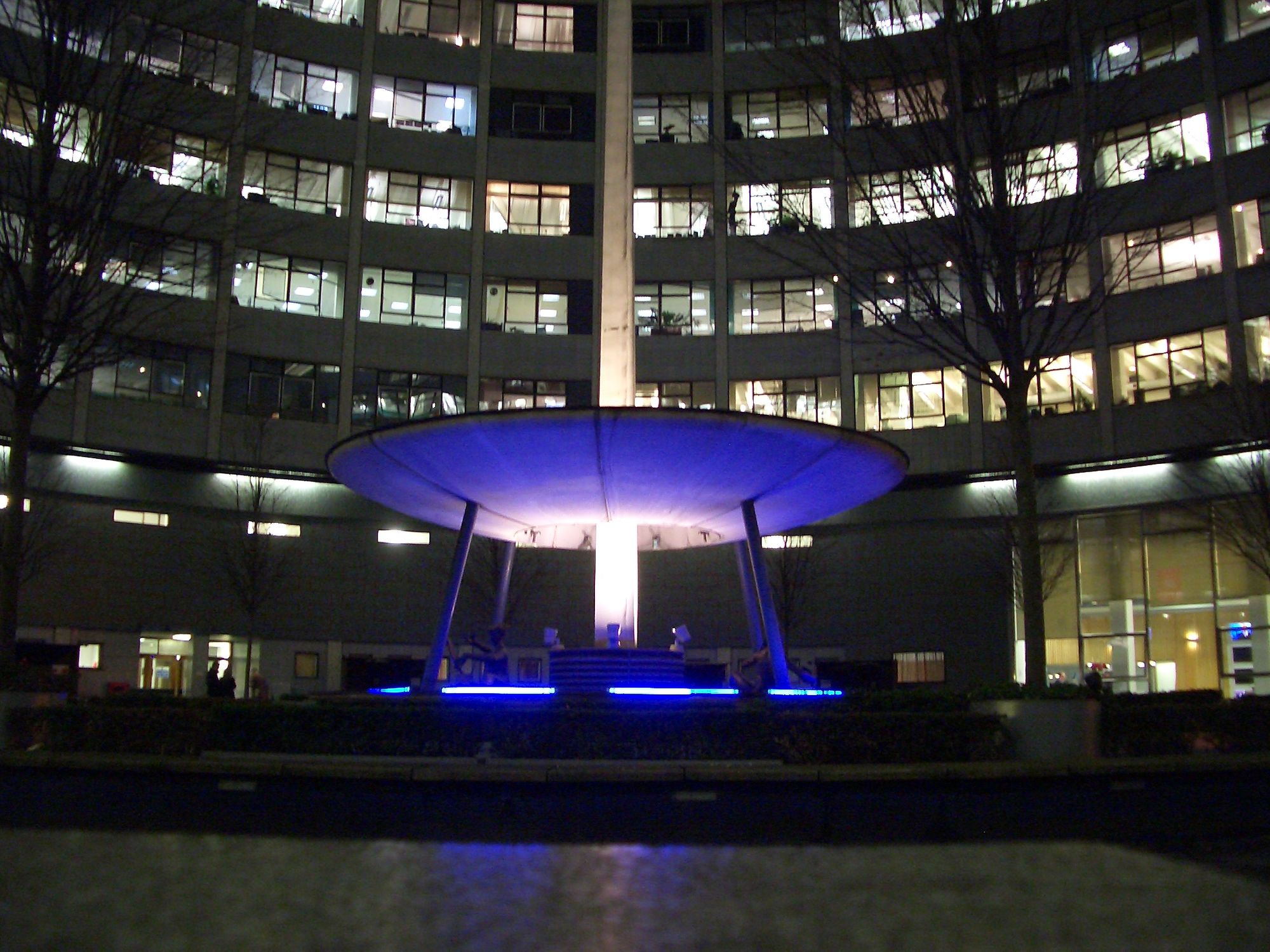
The buildings. In summary, "weird and brilliant". Television Centre was fantastic, because of its weird layout, and all the history, and the fact that sometimes it seemed like there wasn't a right-angle in the entire place. Elstree, where you could go for a training course, and walk past bits of Holby City to do so.
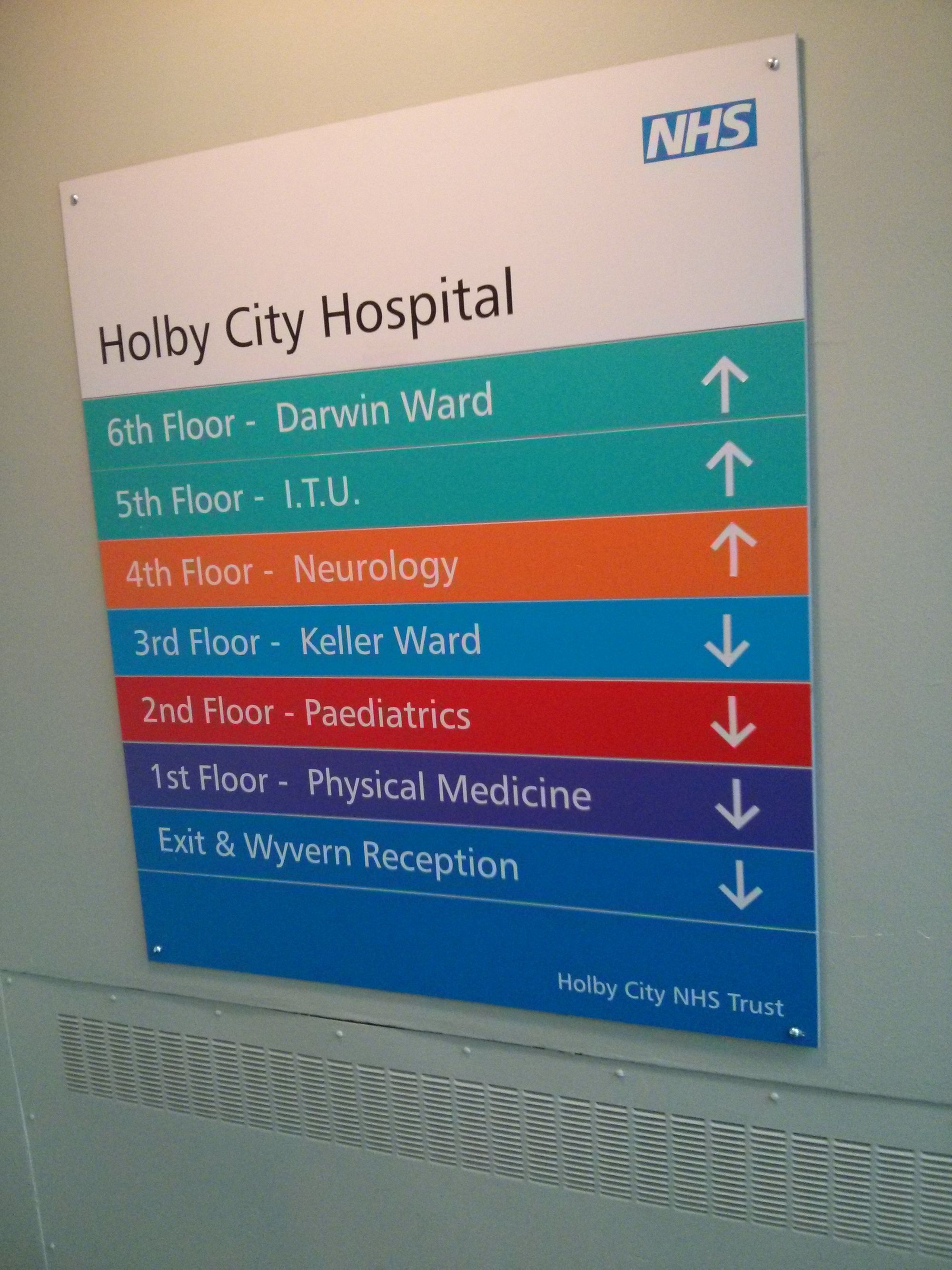
And Broadcasting House is just amazing – 12 floors (3 below, ground, and 8 above) of fantastic quirkiness. TV and radio studios; The News floor; lots of office space; one or two TARDISes, and the odd Dalek; the Radio Theatre; meeting rooms themed after famous BBC presenters and programmes; a sound studio; almost 90 years of history; two buildings grafted together; a lift where the two sides don't line up; paintings of Directors General on the walls of the Council Chamber; 1930s art deco; Radio 1 Xtra and the Asian Network; the One Show; and on and on and on. If you ever get the chance to go take a look around, give it a go. :-)
Easy to tell people what you do: perhaps a daft one, but when someone asks what you do for a living, it's nice that you can just point to something as well-known as BBC iPlayer, and say "I helped make that".
The history, and the sense of purpose: I grew up in very much "a BBC family" (as opposed to "an ITV family") – by which I mean that my parents, and therefore we also, mainly watched BBC. And of course listened – Radio 4, mostly. So the BBC always felt like a very special place, to me, and I was very lucky to be able to work there.
So long, Auntie
My previous job, before the BBC, I was at for almost 7 years, at that was by far my longest job. And then I got made redundant.
I liked my time at the BBC — mostly. After a bit of glitch two years in, when I handed in my notice but was then persuaded to stay, I then settled in. After maybe 5 years or so, I did occasionally wonder how long I would be there. “One day”, I often thought, “I'll leave this place”. But I didn't know when.
Taking 13 weeks off for surgery does have the effect (assuming you are otherwise in a position of stable employment) of unsettling you. Giving you lots of time to think. And even when you return to work, of then feeling like the place you rejoined isn't quite the one you left.
After my return to work, it took me a long time to get settled again. Then add in some trouble from my personal life, and I got depressed. I started counseling. My best friend Aimee talked about leaving the BBC, and the UK — and then did so, moving to Denmark. My boss started bullying me. Denmark started looking more and more attractive. I got a job, escaped from my bullying boss, worked out my notice, and left.
No, it's not quite the way that perhaps I would have wanted to leave. But it's good enough, and once I was away from the bully's influence, I started to regain some self-worth.
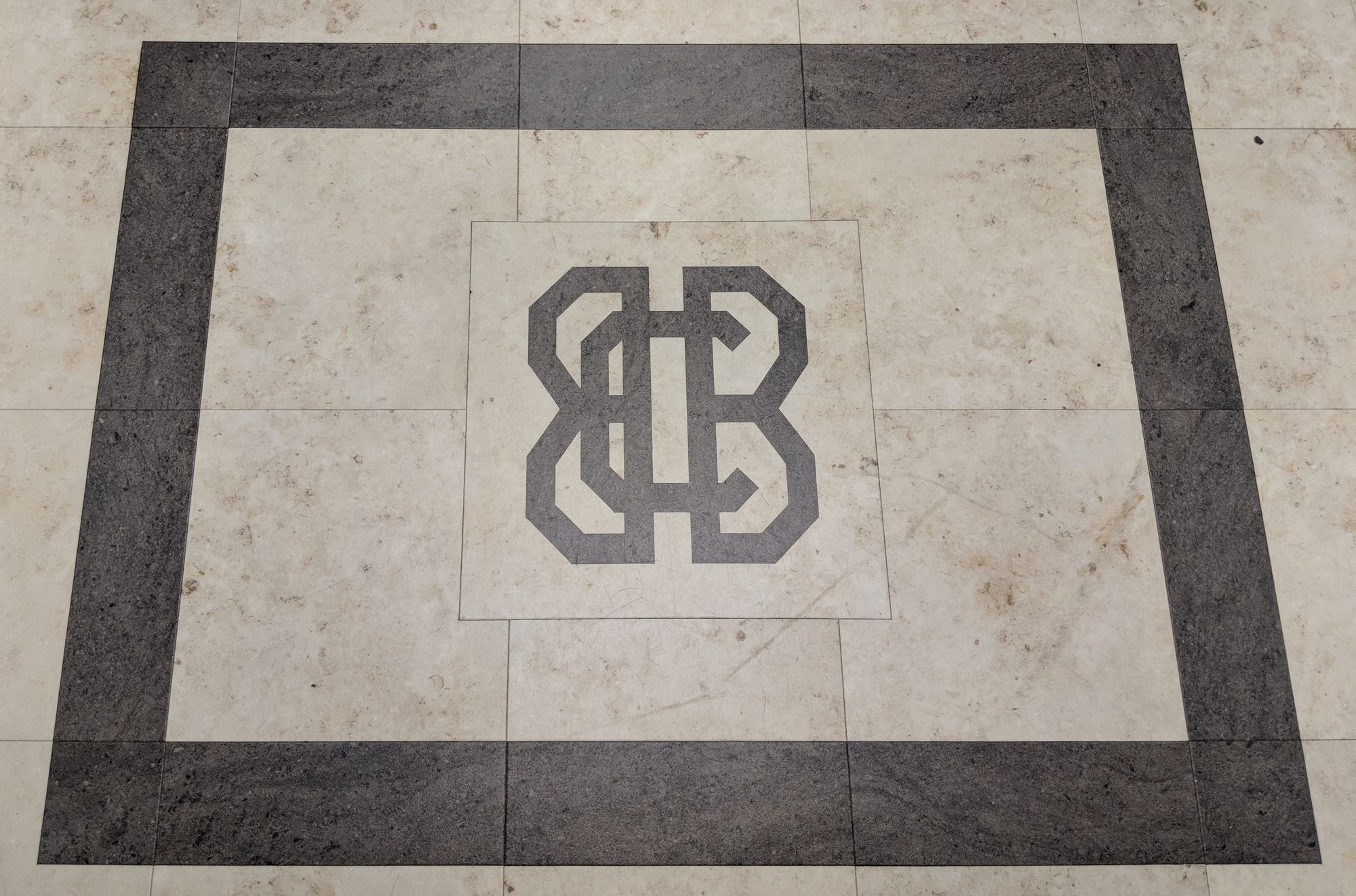
And so, finally, I can wave a fond farewell to Auntie. And for all of the bad and ugly things I've included in here, it's all because I want things to get better.
Improve your workplaces. Talk to, and listen to, your employees. Treat them with empathy.
On my last day, I sent the customary email to my colleagues, saying my goodbyes.
It ended like this:
I shall leave you with this thought: Vi skal altid forsøge at være så venlig og gavmild til hinanden som mulig. Hvis ikke, hvorfor er vi alle her? Selv hvis vores software m.m. virker godt, uden venlighed, er vi mistet.
which translates as:
We must always try to be as kind and generous to each other as possible. If not, why are we all here? Even if our software etc. works well, without kindness, we are lost.
Be good to each other.
x
Kitten picture: source unknown
